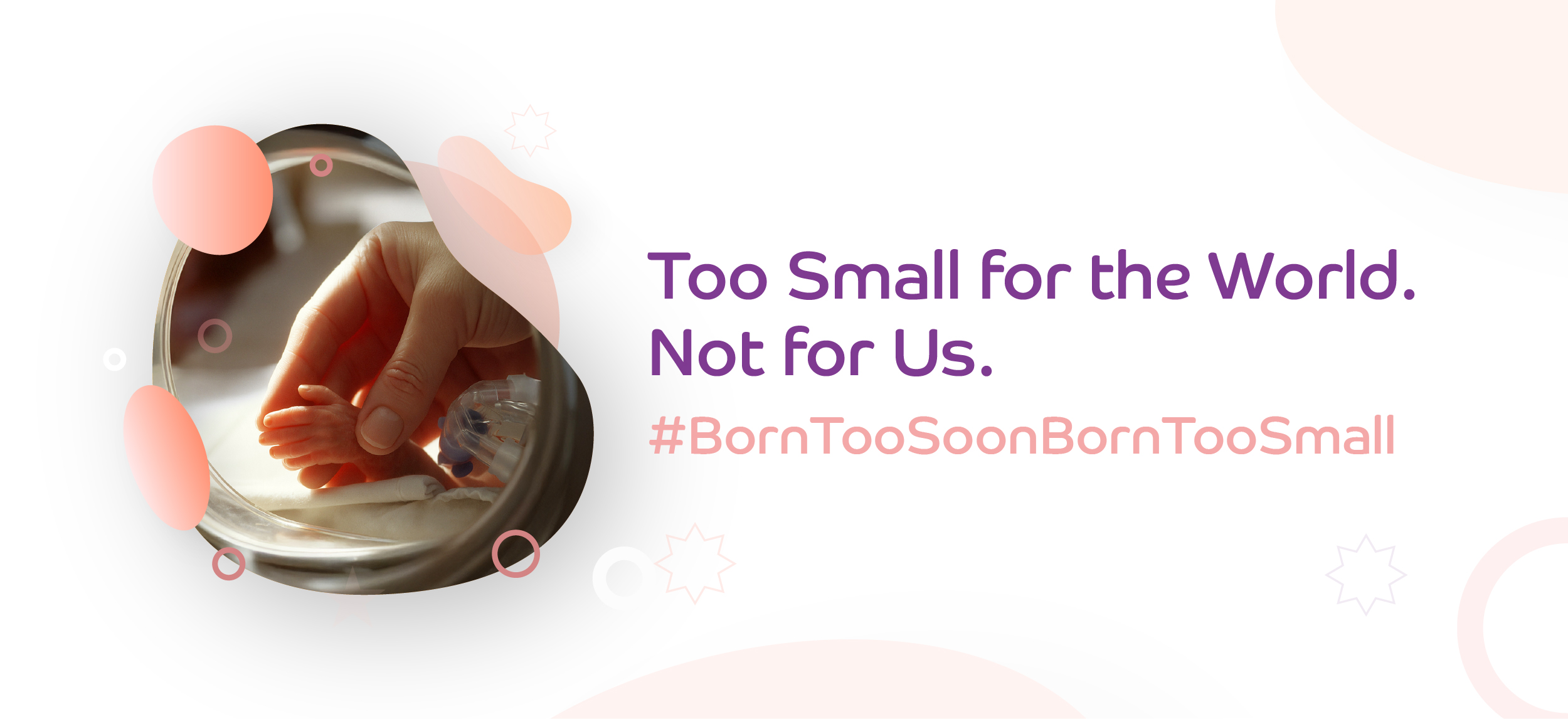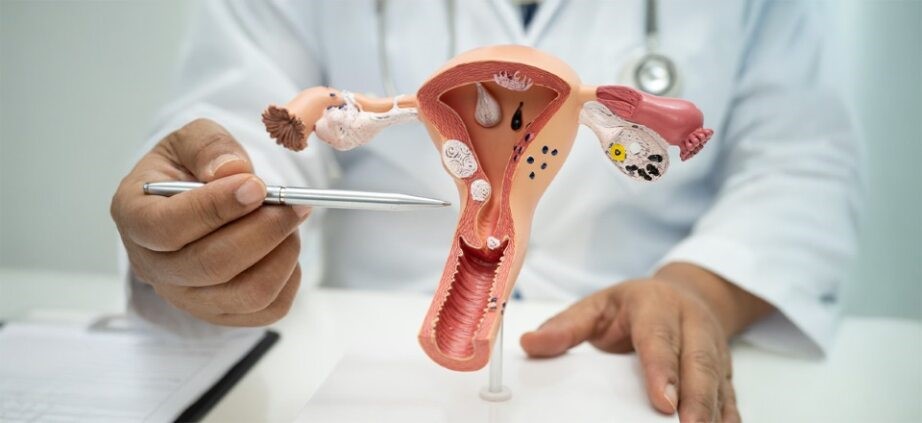Categories
Postpartum Depression: Symptoms, Treatment, and Support
May 07, 2025
Understanding Postpartum Depression
It’s normal for new
mothers to feel overwhelmed, teary-eyed, or moody in the initial days after
childbirth, what’s often called the “baby blues.” However, if these feelings
persist for more than two weeks, intensify over time, or start interfering with
day-to-day functioning, it could be a sign of postpartum depression.
Postpartum depression is a serious yet treatable mental health
condition that can occur within weeks or even months after delivery. It is
not a character flaw or weakness. Rather, a complex interplay of hormonal,
emotional, and environmental factors deserves attention, compassion, and care.
Common Symptoms of Postpartum Depression
Recognizing the signs
early can make a significant difference. Some of the most common symptoms
include:
Ø Persistent sadness or mood swings
Ø Crying frequently without an apparent reason
or feeling low even when everything seems fine on the surface.
Ø Loss of interest in daily activities
Ø A new mother may be disengaged from activities she once enjoyed, including caring for her baby.
Fatigue Or Low Energy
While exhaustion is
common post-delivery, postpartum depression can leave mothers feeling
drained even after rest.
Changes In Appetite Or Sleep
Trouble sleeping even
when the baby rests or eats too much or too little.
Feelings Of Worthlessness Or Guilt
Thoughts like “I’m not a
good mother” or “I can’t do anything right” are red flags.
Difficulty Bonding With The Baby
A sense of detachment or
inability to feel love for the newborn.
Thoughts Of Self-Harm Or Harming The Baby
These are severe symptoms
and require immediate medical attention.
Why It Happens? Causes and Risk Factors
While the exact cause of postpartum
depression isn’t always clear, several factors can contribute:
Hormonal Fluctuations: Sharp drops in estrogen and
progesterone after childbirth can impact mood.
Sleep Deprivation: Caring for a newborn is exhausting, and lack
of sleep can worsen emotional resilience.
Past Mental Health
Issues: Women with a history of depression
or anxiety are at higher risk.
Lack Of Support: Feeling isolated or unsupported by family and
friends can increase vulnerability.
Complicated Pregnancy Or
Delivery: Traumatic birth
experiences or challenges with breastfeeding may act as triggers.
Treatment Options
At BirthRight by Rainbow
Hospitals’ women’s health clinic, we offer compassionate, confidential
care designed around the unique needs of every mother.
Professional Counselling and Therapy
Talk therapy, especially Cognitive
Behavioural Therapy (CBT), is highly effective in helping new mothers
reframe negative thoughts and build emotional resilience.
Medication
In some cases, antidepressants
may be prescribed. These are usually safe during breastfeeding but are best
managed under the guidance of our experienced psychiatrists and maternal health
experts.
Peer Support Groups
Sometimes, just knowing
you are not alone can offer immense relief. Our maternal care programs include
support groups where mothers share experiences and feel understood.
Partner and Family Involvement
Counselling sessions
involving spouses and family members can help create a nurturing environment
for recovery.
When to Visit a Women’s Health Clinic?
If you are experiencing
any of the above symptoms, or if you feel “off” for more than two weeks after
childbirth, don’t wait. Take the proactive step of reaching out to a trusted women’s health clinic. Early intervention can prevent the
progression of symptoms and ensure a smoother recovery, empowering you to take
control of your mental health.
Our Approach to Postpartum Mental Health
BirthRight by Rainbow
Hospitals is deeply committed to holistic women’s healthcare. We believe that
healing happens through medication or therapy, empathy, respect, and community.
Our specialized postpartum depression care team includes:
Ø Perinatal psychiatrists
Ø Psychologists and counsellors
Ø Lactation consultants
Ø Nutritionists
Ø Pediatricians who understand maternal-infant
bonding
With state-of-the-art
facilities, evidence-based treatments, and unwavering emotional support, we
provide comprehensive care that addresses all aspects of your well-being. We
walk alongside new mothers every step, ensuring you feel reassured and
supported on your journey to recovery.
You Are Not Alone
Postpartum depression can be overwhelming, but it is important to
remember that you are not alone, and this is not your fault. Seeking help is
not a sign of weakness; it’s a courageous step toward healing and reclaiming
joy in motherhood.
If you or someone you
love may be struggling from postpartum depression, please visit BirthRight by Rainbow
Hospitals’ women’s health clinic for compassionate, comprehensive care.
Because when it comes to motherhood, you and your baby deserve the best start.
FAQs:
1. How do I
know if I have postpartum depression or just baby blues?
While it’s normal to feel emotional or
overwhelmed after childbirth (commonly called the “baby blues”), these feelings
usually fade within 1–2 weeks. If symptoms like sadness, fatigue, mood swings,
or lack of interest in your baby persist for more than two weeks, you could be
experiencing postpartum depression. It’s best to consult a women’s
health clinic for a proper diagnosis and support.
2. When
should I visit a women’s health clinic for postpartum depression?
If
you're feeling low, anxious, or disconnected from your baby for more than two
weeks after delivery—or if you're having thoughts of self-harm—it’s time to
seek help. BirthRight by Rainbow Hospitals offers professional counseling,
support groups, and treatment options tailored for new mothers.
3. Can I take
antidepressants for postpartum depression while breastfeeding?
Yes,
some antidepressants are considered safe during breastfeeding. However, any
medication should be prescribed and monitored by a qualified doctor. At BirthRight
by Rainbow Hospitals, our perinatal psychiatrists help create a treatment plan
that’s safe for both you and your baby.
4. What are
the treatment options for postpartum depression?
Treatment may include talk therapy (like CBT),
medication (if necessary), lifestyle changes, and support groups. At BirthRight
by Rainbow Hospitals, we also involve family members in the recovery process to
create a nurturing environment for the mother.











